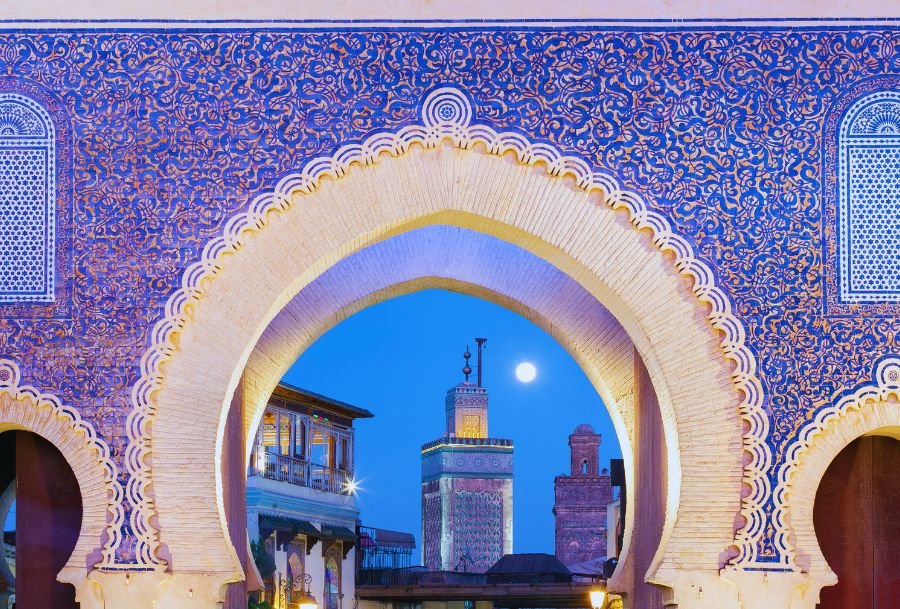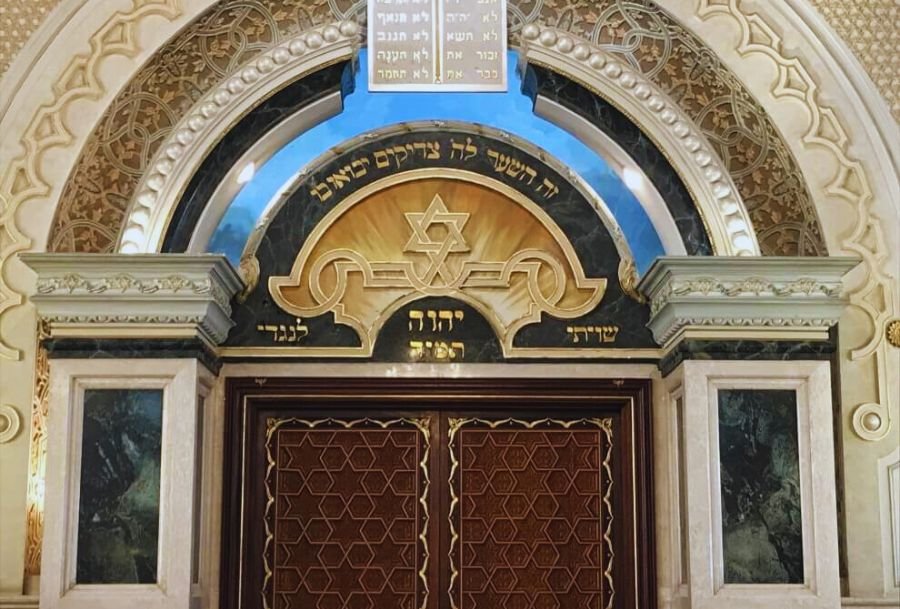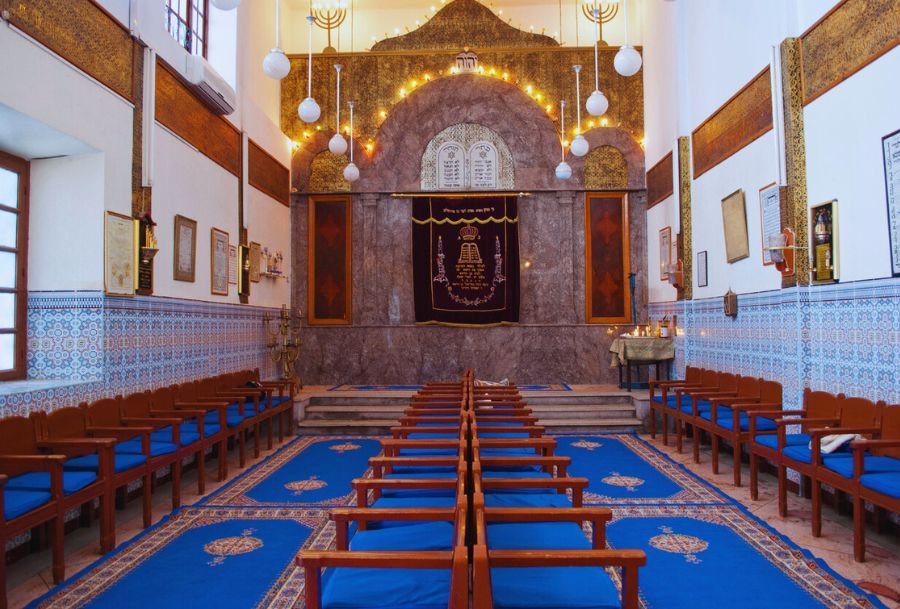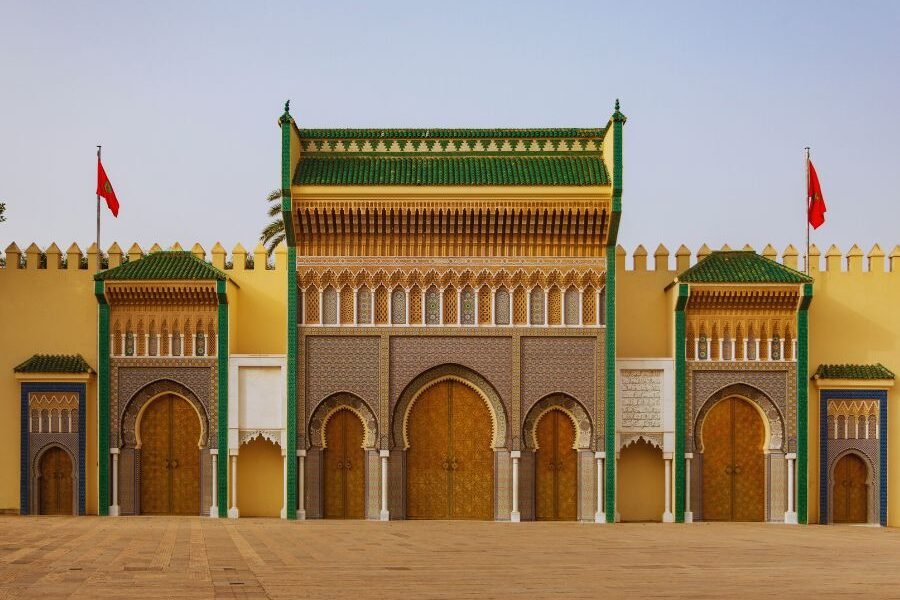Is Morocco Safe for Jewish Tourists?
Morocco is a popular tourist destination known for its rich culture, historic landmarks, and stunning scenery. But is it safe for Jewish tourists? In this article, we will explore safety concerns for Jewish tourists in Morocco and offer tips for a hassle-free visit.
Table of Contents
Historical Context Of Jews In Morocco
Morocco has a long history of Jewish presence and influence. Jews have been living in Morocco since ancient times, and the Jewish community has played a significant role in shaping Moroccan culture and society. Today, the Moroccan government recognizes Judaism as one of the country’s official religions.
Safety Concerns For Jewish Tourists
While Morocco is generally a safe country for tourists, there are some specific safety concerns that Jewish tourists should be aware of, including:
- Petty crime: Morocco has a relatively low crime rate, particularly in big cities like Casablanca and Marrakech. Petty crimes, such as pickpocketing and theft, can occur in crowded areas like markets and tourist hotspots.
- Anti-Semitism: While Morocco is generally tolerant of Jews, there have been isolated incidents of anti-Semitic sentiment in the country. Visitors should be cautious and avoid discussing sensitive religious or political topics.
- Terrorism: Morocco has a low risk of terrorism, but the threat cannot be ruled out entirely. Visitors should stay informed about current events and follow the advice of local authorities.



Safety Tips And Precautions For Jewish Tourists
To stay safe during your visit to Morocco, here are some tips and precautions to keep in mind:
- Be mindful of your surroundings: Avoid walking alone in unfamiliar areas, especially at night. Stick to well-lit and busy streets.
- Dress conservatively: Morocco is a Muslim country, and visitors should dress modestly to show respect for local customs and traditions. Avoid wearing revealing clothing or clothing with religious or political messages.
- Keep valuables out of sight: Thieves may target tourists who display their wealth or carry expensive items like cameras and smartphones. Keep your valuables in a secure location, such as a hotel safe.
- Hire a reputable guide: Hiring a guide can help you navigate unfamiliar areas and avoid potential safety hazards. Choose a reputable guide who is knowledgeable about the local culture and customs.
- Research local customs and laws: Morocco has its unique customs and laws, and visitors should familiarize themselves with them before traveling. For example, it is illegal to take photographs of certain government buildings.
Jewish Heritage Sites And Cultural Experiences In Morocco
Morocco is home to many Jewish heritage sites and cultural experiences that are worth exploring, including:
- Jewish Mellahs (quarters) in cities like Marrakech and Fes
- Synagogues and cemeteries, such as the Al Azama Synagogue in Marrakech and the Jewish Cemetery in Casablanca
- Traditional Jewish music and dance performances
- Kosher food tours and cooking classes
Conclusion
Morocco can be a safe and rewarding destination for Jewish tourists who take the necessary precautions and are respectful of local customs and traditions. By following these tips and exploring the country’s Jewish heritage sites and cultural experiences, visitors can enjoy a hassle-free visit to this beautiful country.
Frequently Asked Questions
-
Is it safe for Jewish tourists to visit Morocco?
Yes, Morocco is generally safe for Jewish tourists. The country has a long history of Jewish presence and is known for its tolerance and protection of religious minorities.
-
Are there any Jewish communities in Morocco today?
Yes, there are small Jewish communities in cities like Casablanca, Marrakech, and Fes. These communities maintain synagogues, schools, and cultural sites.
-
Can I visit synagogues and Jewish heritage sites in Morocco?
Absolutely. Many synagogues, Jewish cemeteries, and heritage sites are open to visitors. Cities like Casablanca, Marrakech, and Fes have notable Jewish quarters (Mellahs) worth exploring.
-
Is it safe to wear Jewish symbols or religious attire in Morocco?
Generally, it is safe to wear Jewish symbols or religious attire in Morocco. However, as a precaution, it’s best to be discreet in less touristy or rural areas.
-
Are there kosher food options available in Morocco?
Yes, kosher food is available in Morocco, particularly in cities with Jewish communities like Casablanca. Some restaurants and hotels cater to kosher dietary needs, and there are kosher shops and butchers.
-
What should Jewish tourists know about Moroccan customs and etiquette?
Jewish tourists should respect local customs and dress modestly, especially when visiting religious or rural areas. It’s also courteous to greet locals with a friendly “salaam alaikum” (peace be upon you).
-
How can I ensure my safety while traveling in Morocco?
To ensure safety, follow general travel guidelines such as avoiding isolated areas at night, using reputable tour guides, and staying aware of your surroundings. Morocco has a relatively low crime rate, but petty theft can occur.
-
Is there a history of Jewish persecution in Morocco?
Morocco has a history of coexistence and protection of its Jewish population, particularly compared to other countries in the region. The Moroccan King during World War II notably protected Jews from deportation.
